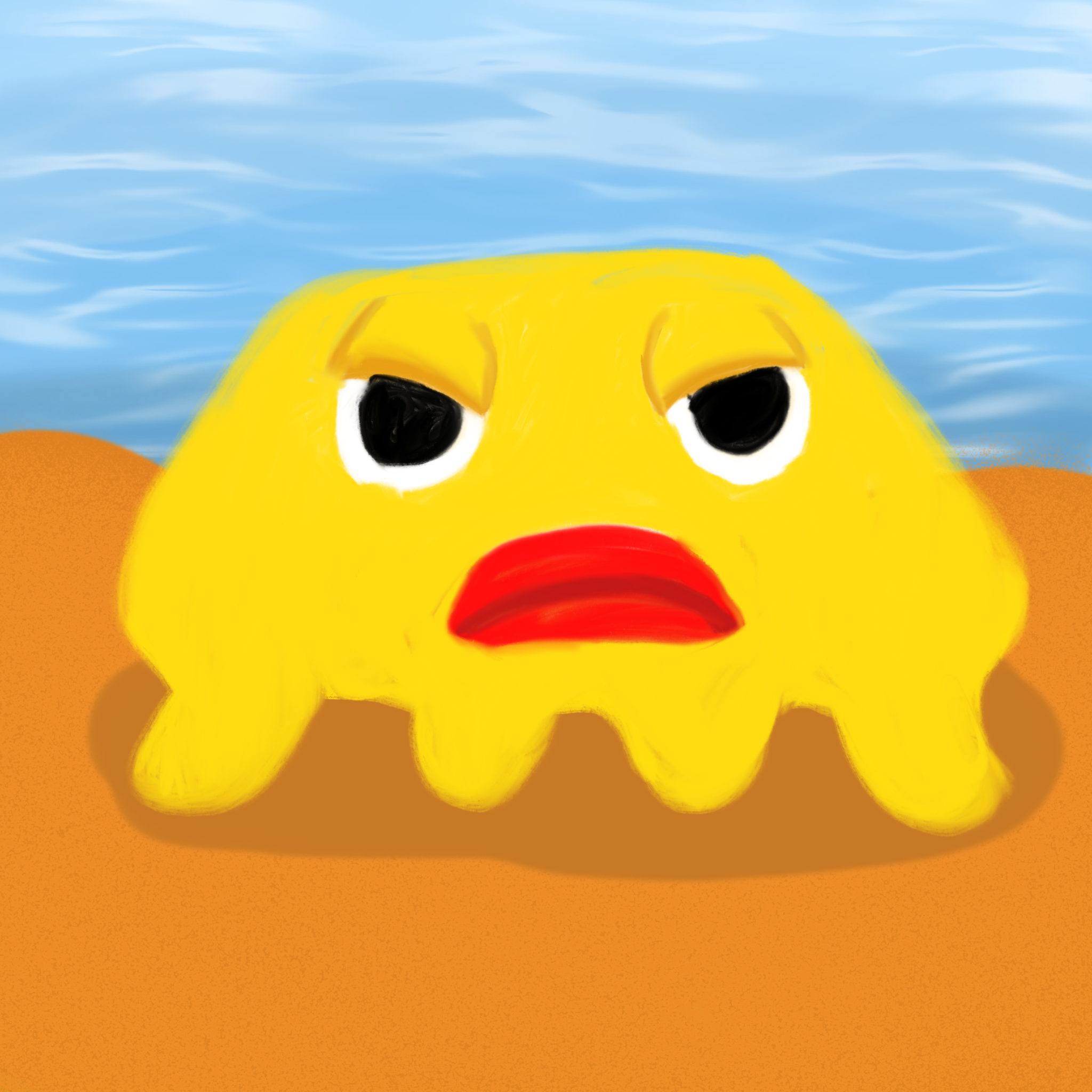I started using it because of a curling issue I had with top layers, but it’s kinda grown on me. It’s definitely a bit slow, but it really hides the lines better than anything else. What do you all think?
I have never had the top layer curl in any print and monotonic infill looks almost like it is ironed, so I’m skeptical about your claim that you required hilbert curve for some reason. It seems more likely to me that something is wrong with your printer, but of course I give you the benefit of the doubt.
The top layer curl is something I’ve experienced on 3 different printers so far, to varying degrees. I think it’s caused by a very light partial clog. I switch out the nozzle to fix it normally, but the pattern has grown on my for general use. I just think it looks kinda neat.
What kind of curling issue, and did the Hilbert curve help with that?
I’ve found that I’m rarely doing something where my top layer lines matter. Usually, I get my finished surface by printing things face down on a textured sheet. This works for probably 95% of the things I print whereki care about finish. The others I’ll turn on ironing, but that’s probably way slower than the Hilbert curve.
I really do need to sort this out because I keep running into it on different machines (even ones I don’t maintain myself, like in labs), but I can’t find anything about it on the internet. last time I made a post about it nobody knew what was causing it, but a nozzle swap has normally fixed it.
I love it but I’ve got a phateus dragon high flow hot end on a stealthburner, the hilbert curve is too slow and causes heat creep and filament swells just a little bit and blocks so I need something faster so I’m using archimedean chords instead of boring straight lines
I’m running a rapido UHF on an EVA. It’s partially to hold me over until I can sort out how to properly clean my cht volcano bimetal to fully fix my curling problem, because I have to chose between the flow reduction of my backup nozzle or the curling on the fancy one.


